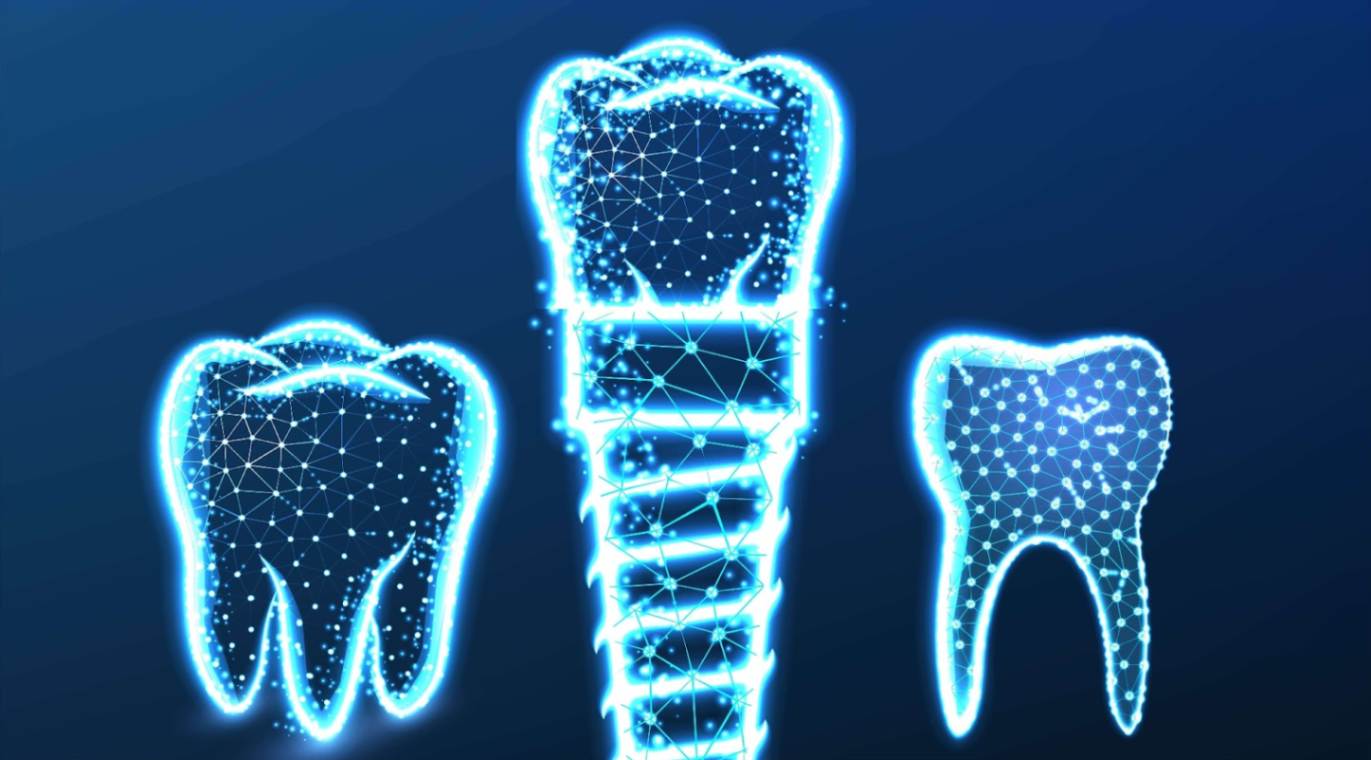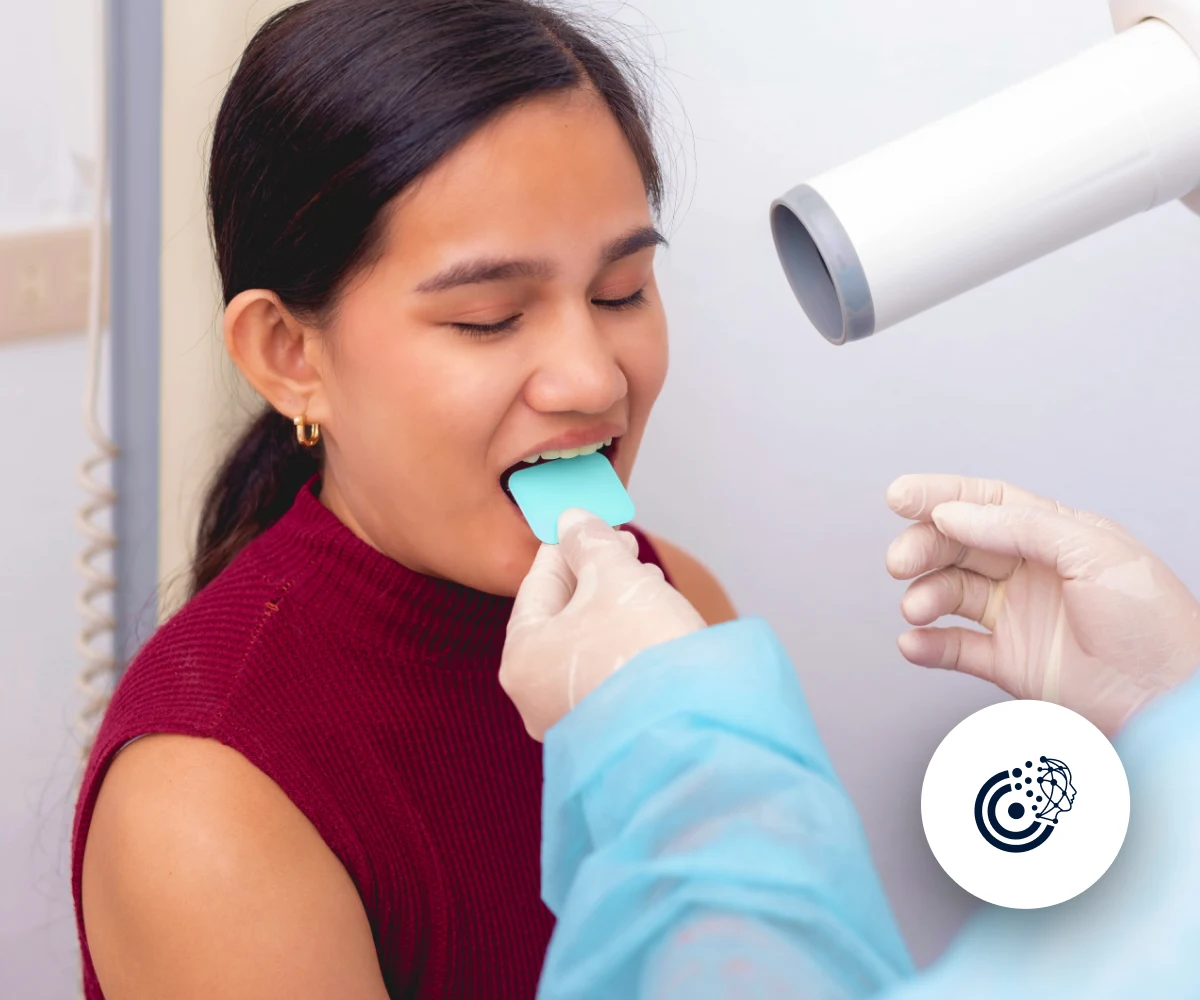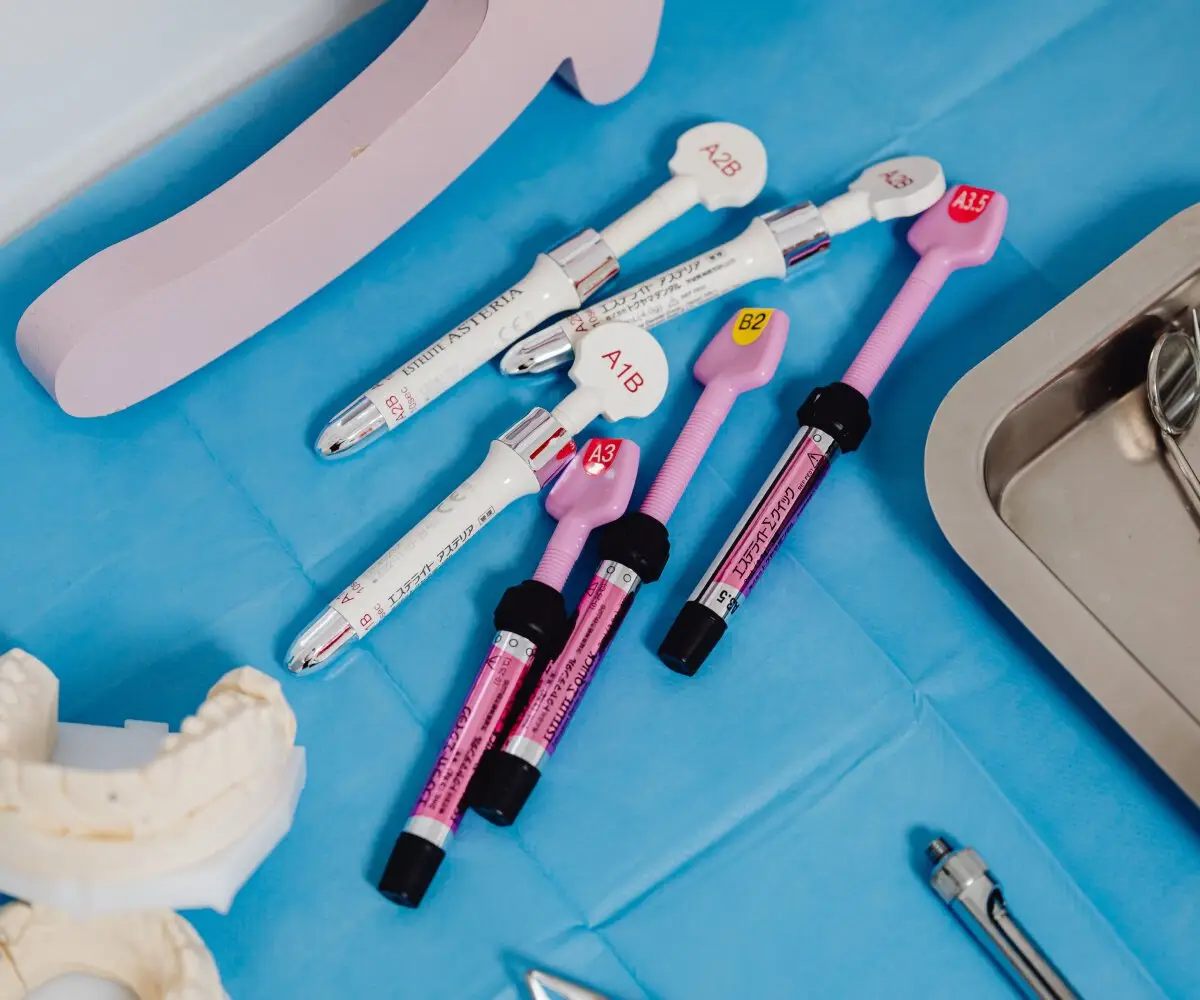Future of AI in Dentistry: How Artificial Intelligence is Transforming Oral Healthcare
The future of AI in dentistry is paving the way for a transformative shift in oral healthcare. From improving diagnostic precision to streamlining treatment plans, artificial intelligence is shaping the dental industry. With advancements in AI-powered dentistry, clinicians can deliver personalized care while enhancing patient experiences. These technologies enable better predictive models, increased accuracy, and efficient workflows. As innovations continue to evolve, the future of artificial intelligence in dentistry promises improved outcomes, cost-effective solutions, and greater accessibility for patients worldwide.
Increased Accuracy and Efficiency in Dental Diagnosis
Artificial intelligence is being used in the field of dental science to assist the dental healthcare sector in the detection of dental issues. With the potential of AI to increase accuracy and efficiency, dental health professionals are leveraging AI models in dentistry to improve the diagnosis of oral cancer and other oral diseases. The future in dentistry looks promising as more professionals have opted artificial intelligence with huge enthusiasm. There is a growing trend to amalgamate this advancement of technology with medical history to enhance ai programs for better diagnosis.
AI can assist in creating more accurate models of AI for the diagnosis of oral cancer and other dental issues. The future outlook for ai implementation in dentistry is bright as ai programs continue to improve. As ai models become more advanced, the dental health professionals will be able to provide better and more precise diagnoses of oral health issues. The use of artificial intelligence has the potential to revolutionize the field of dental science and improve patient outcomes.
Improved Patient Outcomes with AI Integration
AI in dental practices is being used to enhance precision in diagnostics and improve treatment outcomes. One major area where AI is making a significant impact is in the diagnosis of dental conditions. For example, AI in diagnosis has been shown to improve outcomes in the diagnosis of proximal dental caries. Additionally, AI can automate the fabrication of dental implants and other prosthetics, leading to more precise and efficient finished dental restorations.
Implementing AI in tasks in dental, such as the fabrication of dental implants and the diagnosis of dental conditions, has the potential to revolutionize the field of dentistry. By using AI, dentists can provide more accurate diagnoses and treatment plans, leading to improved patient outcomes and overall satisfaction with their dental care. AI also enables dentists to access the latest advancements in technology, such as artificial multilayer perceptron neural network algorithms, to enhance their practice.
How AI Can Change Dentistry?
The future of AI in dentistry is poised to make profound changes in how dental care is delivered. With AI’s ability to process massive datasets, dental professionals can now make more informed clinical decisions, from diagnostics to treatment planning. AI applications enhance the efficiency and accuracy of dental procedures, allowing for quicker and more personalized care, which can make dental services accessible to a broader population.
AI’s integration in dentistry is likely to impact areas such as teledentistry, enabling remote consultations and care in underserved regions. AI-powered analytics also make it possible to predict dental diseases and personalize preventive strategies, further enhancing patient care. These advancements signal a significant shift towards technology-driven solutions in dental practice, ensuring a better patient experience while supporting dental professionals in providing the highest level of care.
Cost Savings through AI-Enhanced Dental Practices
Cost savings can be achieved through the use of dental AI-enhanced practices, which can streamline processes and reduce the need for manual labor. By implementing technologies like machine learning and automation, dentistry offices can improve efficiency and cut down on operational expenses. Additionally, AI can help in predicting potential issues earlier, leading to preventive treatments that can save costs in the long run. Overall, incorporating AI into dental practices can lead to significant cost savings for both patients and providers.
The Role of Artificial Intelligence in Modern Dental Care
The future of artificial intelligence in dentistry is deeply tied to its role in modern dental care. AI is revolutionizing patient diagnosis, treatment planning, and overall oral health management. Technologies like machine learning, image recognition, and predictive analytics are now being integrated into daily dental practices.
AI helps dentists detect issues such as cavities, gum diseases, and even early signs of oral cancer with unprecedented accuracy. AI-powered tools analyze large datasets in seconds, providing actionable insights that reduce human error and improve patient outcomes. Furthermore, by automating routine tasks, dental professionals can focus more on delivering high-quality care and improving patient satisfaction.
The incorporation of AI-powered dentistry into clinics also fosters a more efficient workflow. Automated appointment scheduling, AI-enhanced imaging tools, and digital assistants are some of the many ways AI is optimizing both patient and practitioner experiences. As AI continues to evolve, it is redefining what modern dental care looks like in a technology-driven world.
Key Technologies Powering AI in Dentistry
The future of AI in dentistry is built on innovative technologies that are rapidly transforming the field. These key technologies include machine learning, natural language processing, and advanced imaging tools. Here are some examples:
- AI-Powered Imaging Systems: AI enhances the quality of dental X-rays and 3D imaging, enabling more precise detection of cavities, fractures, and infections.
- Predictive Analytics: By analyzing patient histories and genetic information, AI predicts future oral health risks, helping dentists take preventive measures.
- Natural Language Processing (NLP): NLP assists in better communication by analyzing patient records and understanding their concerns to deliver tailored advice.
These technologies allow dentists to streamline diagnostics, treatment planning, and even patient follow-ups. As more AI systems are developed, AI-powered dentistry is becoming increasingly patient-centered and efficient.
Future Trends in AI and Dentistry
One of the future trends in Artificial Intelligence (AI) is the integration of dentistry into AI technologies. With advancements in machine learning and image recognition, AI can assist dentists in diagnosing issues and creating treatment plans. Additionally, AI can be utilized in patient management, scheduling appointments, and analyzing patient data. This integration of AI in dentistry is expected to improve efficiency, accuracy, and patient outcomes in the near future.
The Rise of Dental Robotics and Automation
The field of dental robotics is advancing rapidly, allowing for automation in procedures like implant placement and orthodontic adjustments. Robotics ensures greater precision, reduces human error, and provides a more consistent treatment experience. Dental practices benefit from faster turnaround times and higher-quality results, both in clinics and laboratories.
AI-Driven Personalized Treatment Plans
AI technologies in dentistry enable the creation of personalized treatment plans that cater to each patient’s unique needs. By analyzing patient data, AI algorithms identify patterns and predict outcomes, offering targeted and effective interventions. This personalization enhances care quality, allowing dental professionals to tailor treatments that improve patient satisfaction and health outcomes.
CranioCatch provides innovative AI solutions for personalized treatment plans, helping clinics to incorporate data-driven strategies into their daily practice
Machine Learning Algorithms in Orthodontics
Machine learning algorithms support orthodontic practices by providing precise predictions for treatment outcomes and helping to create personalized treatment paths. Through deep learning, these algorithms improve diagnosis accuracy, identifying trends that may not be immediately visible. This allows orthodontists to offer more targeted and effective treatment for patients.
AI-Assisted Dental Surgery Techniques
AI-assisted surgery in dentistry is revolutionizing procedures by reducing errors and offering more precise treatment options. AI technology assists in treatment planning and execution, enabling dentists to offer faster and more effective care with enhanced outcomes. As AI continues to evolve, it will support dental professionals in delivering higher quality patient-centered care.

Ethical Considerations in AI-Powered Dental Care
Ethical considerations are crucial in the development and implementation of AI-powered dental care. Privacy concerns, informed consent, and data security are top priorities when utilizing artificial intelligence in oral health services. Dentists must ensure transparency in their use of AI algorithms and maintain patients' trust by protecting their sensitive information. Additionally, accountability and fairness in treatment recommendations must be carefully monitored to prevent any biases or discrimination in AI-driven dental practices.
Innovations in AI Dental Software and Tools
With advancements in AI technology, the field of dental software has seen incredible innovations. AI algorithms are now being used to improve diagnostic accuracy, treatment planning, and even patient communication. These tools can analyze X-rays and CT scans with greater precision, helping dentists make more informed decisions. Additionally, AI-enabled software can streamline administrative tasks and improve workflow efficiency in dental practices. The integration of AI in dentistry is revolutionizing the way oral healthcare professionals operate, ultimately leading to better patient outcomes.
AI’s Role in Dental Education and Training
The future of AI in dentistry extends into education, where AI-powered tools offer interactive learning, virtual patient simulations, and personalized feedback. This technology allows dental students to practice clinical skills in a controlled, digital environment, preparing them for real-world scenarios. AI in education enhances curriculum development, tracking progress and identifying improvement areas.
CranioCatch provides comprehensive educational resources to support AI training in dentistry.





 Contact Us
Contact Us

